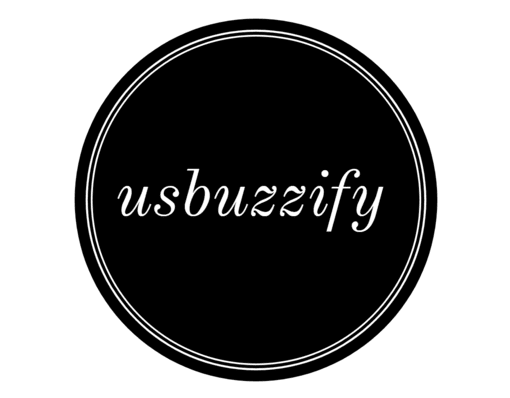Fallen Leaves is a 2023 Finnish-German romantic comedy-drama film written and directed by Aki Kaurismäk.What constitutes a perfect movie? A best movie doesn’t ought to be in any unique genre, in any event. A best movie is aware of what it’s about, is aware of what it wishes to mention, and is aware of that even if what it has to mention is surprisingly simple, what it says can’t be decreased to phrases or any shape of description aside from the aspect itself. Which manner that a perfect movie must be visible so as for its perfection to be appreciated.
So I don’t need to mention too much, or possibly it’s higher put, to put in writing too much, about “Fallen Leaves,” the state-of-the-art movement photograph written and directed with the aid of using Finnish maestro Aki Kaurismäki, his first in six years. Just an hour and twenty minutes long, the film is a soulful romance that is going via traditional narrative paces. A guy and woman, each cocooned in loneliness, nearly meet, then do meet, then can’t meet, then meet again, then come to information that unites them. The headaches are acquainted if you’re a person and a follower of Kaurismäki’s earlier paintings. There’s booze, there are awful jobs, and there’s an encroaching outdoor international complete of troubles. This isn’t an openly socially aware painting of the manner that which Kaurismäki’s latest immigration-themed comedy dramas had been however one in all its leitmotifs is that each time Alma Pöysti’s Ansa activates her radio, there’s a file at the conflict in Ukraine.
This film is about our times, even though like any of Kaurismäki’s films, it has a strangely unfashionable mise-en-scene, obvious in even the teeniest layout detail. Ansa’s radio has a round analog dial on its face. While she does own a microwave, it’s the maximum simple container imaginable. A band suggests up past due inside the film, and one notes that In Kaurismäki’s world, the electrical guitars all have single-coil pickups, by no means a humbucker. If you apprehend why this matters, you’re in music together with his aesthetic.
Ansa starts off as a grocery shop cashier whose tender coronary heart receives her fired—she’s stuck donating expired meals to a hungry homeless man. A couple of her coworkers stroll out with her. She first sees Jussi Vatanen’s lanky-of-frame-and-hair Holappa at a karaoke bar in which his friend Huotari (the droll Janne Hyytiäinen) attempts to wow the girls together along with his pipes, handiest to be knowledgeable that he’s too old-searching. Holappa doesn’t sing. Indeed, his desired mode of being is the interior a bottle or flask. But searching at Ansa sparks him up a little. Eventually, if he needs the emotional connection he appears to seek, he’ll should make a few picks as he drifts from task to task. In his depictions of soused fellows, Kaurismäki has in no way depicted an AA meeting, however, he skirts quite near doing so here.
In terms of pacing, “Fallen Leaves” may be considered slow by some viewers, but this deliberate approach works in its favor. Each scene builds on the last, creating a cumulative effect that draws the audience deeper.
The key to this film’s triumphing emotional delicacy is its formal sturdiness. Every shot has a particular process to do and does it well. The performances are measured and restrained. I used to mention that the writer/director that he can certainly position the “dead” in “deadpan,” however the manner he opens each of his memories and performers to bring an unexpected, understated warm temperature is triumphing. As occurs in Kaurismäki’s movies, the creation of an enigmatic canine offers the film a lift. Ansa first of all calls the mutt “canine,” however on the film’s virtually uplifting ending, she shows a brand new name, one which bestows the movie itself with its pleasant honorific. It’s too proper a hint to spoil, so I won’t. Overall, “Fallen Leaves” is a beautiful and poignant film that is sure to leave a lasting impression on viewers.
